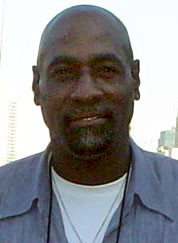A Quote by Annie Leonard
The power that comes from knowing the facts of history is dwarfed by the power that comes from being able to shape the stories about how that history is written and told.
Related Quotes
I love telling stories. I think of myself as a storyteller, and I don't feel bound by being just a singer or an actress. First, I'm a storyteller, and history is stories - the most compelling stories. There is a lot you can find out about yourself through knowing about history. I have always been attracted to things that are old. I have just always found such things interesting and compelling.
It has been said, "History is written by the victors." I take this to mean we can make ourselves victorious by writing, and then rewriting our own stories. In a country and culture so dominated by media, by the manipulation of words and stories, telling the tales of people whose stories historically have not been told is a radical act and I believe an act that can change the world and help rewrite history.
What I really love is modern political history. I love the research process, whether it's digging through old newspaper stories, artifacts from election campaigns or TV stories and being able to recreate moments in history that - when you look back at them now - you can get to that question of how did we get here.
Many people don’t realize the extent to which stories influence our behavior and even shape our culture. Think about how Bible stories teach the fundamentals of religion and rules of conduct. Think of the fables and parables that molded your values. Think of how stories about your national, cultural or family history have shaped your attitudes about yourself and others.
































